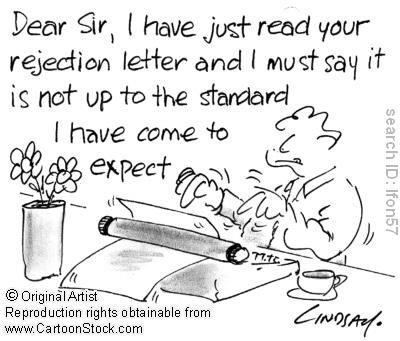 |
| Me, Talc Alf, Phil - 2004 |
Talc Alf is a living legend, residing in the outback of South Australia. He gets his name from his talc stone carvings. You can see some examples of his work if you Google Image 'talc alf carvings'.
As well as being an impressive artist, he's also a certified genius in unravelling the esoteric power of words.
I bring this up because, whilst rummaging through the Memory Chest a while back, I found an old diary entry:
Basically, he invented (or drew out - depending on how you want to look at it) the symbolic meaning of the alphabet, in order to unravel the true meaning of words. I've tidied it up a bit below:
 |
| (click to enlarge) |
So, the meaning of each letter goes something like this:
A - Man
B - Woman
C - Child
(So A + B = C)
D - Sunset/Down/Death
E - Eagle/Fly/Equal
F - Forward
G - Someone Eating/Give
H - Height*
I - Individual
J - Judge **
K - Kill or 'come to'
L - Lowland
M - Mountains
N - Near
O - Sun/Life
P - People/Population
Q - Question
R - Rolling***
S - Swerve/River
T - Top
U - Under
V - Victory
W - Water
X - Christ/Cross/Crossroads/Sacrifice
Y - Why?
Z - End (from sunrise to sunset)
* Also the stages of the sun, see bottom symbol next to 'ch'
** Combination of rocker (to-and-froing) and T - reaching a decision.
*** As in the sun rolling down the side of a mountain.
Then there are a couple of other combinations like:
CH (chi) = Energy
EL = 'El' - 'the'
EL = 'El' - 'the'
AU = Chemical symbol for Gold.
RA = Ra, the god of the sun.
Once you've got all of that, it gets rather fun.
Once you've got all of that, it gets rather fun.
I wrote in my diary that one girl, called Rachel, had looked up the meaning of her name and been disappointed to discover that it was Hebrew for a 'female sheep'.
Talc Alf had a better explanation:
Talc Alf had a better explanation:
Ra = God of the sun.
Chi = Energy
So backwards: El Chi Ra = "One whose energy comes from the sun."
Some other examples:
GOD = "Giver of life and death."
AUSTRALIA
AU = Gold
ST = Sunrise
RA = God of sun
L = Land
AUST - 'East' in German (phonetically?)
"East to the land of the golden sun."
LIFE = "Each individual moves forward in equality."
It can become horribly addictive. I had a go myself with short words. Interesting results:
MUM = "Under the mountains," as in 'Mother Earth'
DAD = This is a bit ambiguous. At the time I thought it was "Male bringer of death," as in 'Warrior'. Which would make MUM and DAD the Creator and Destroyer of life. Looking at it again, it could also mean "Man who stands between death." So the Creator and Protector of life.
LOVE = "Sunlight's victory over the land brings equality"
HATE = "The tallest/strongest man has ultimate power over equality." Maybe even "The man who cuts down others' equality."
You can really lose yourself in this. Have fun!























